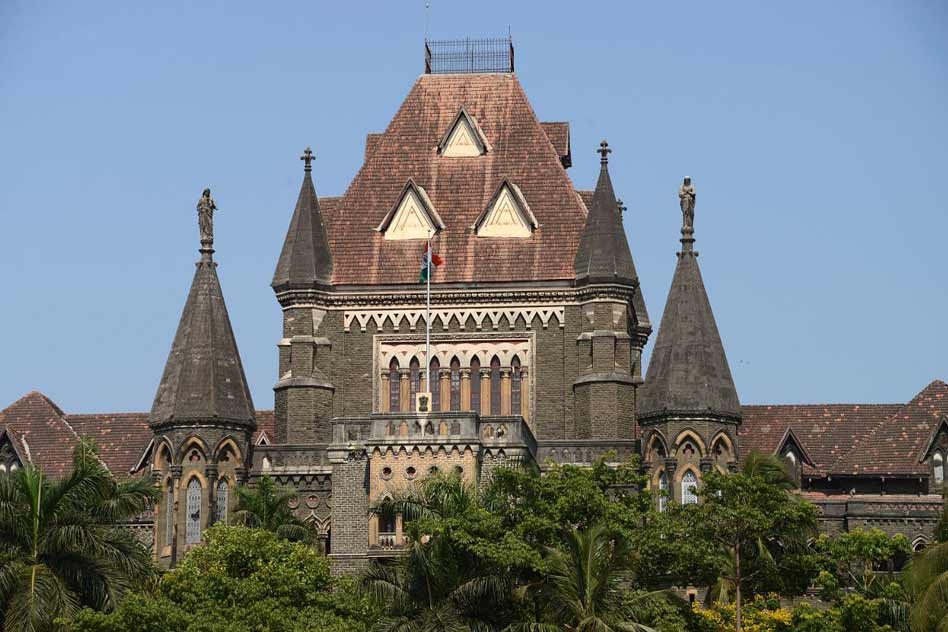In a controversial decision which will have far reaching effects and will give extra power to already powerful politicians and bureaucrats, Maharashtra government has amended a provision of the Criminal Procedure Code CrPC (156) (3) and 190.
Now, police won’t be able to file an FIR against an MLA or a bureaucrat, even if so directed by a court, without the sanction of the speaker of the Assembly in case of the former and of the chief secretary in case of the latter. The decision is also applicable to elected representatives of panchayats and municipalities.
Just yesterday we reported an incident of journalist being set ablazed by a police officer on instruction of a minister. If every state government comes with this kind of provisions, it will be almost impossible to curb crime and corruption. As we have seen that how politicians bend law to escape justice and have made mockery of Judicial system.
The government has claimed the reason for this to be the frequent fake complaints filed against government officers. However legal experts believe that such a change could make it tougher for people to report and initiate action against corrupt government officers.
We weighed both sides of the argument and a few questions immediately came to mind.
Q1. Why does the government feel that a magistrate is not competent enough to order action against accused officers?
Q2. What is the basis to prove the government’s competency in examining a magistrate’s orders and deciding which complaints are fake and which are genuine?
Q3. In most cases the evidence collection begins once the FIR is filed. Without an FIR there can be no evidence. If there is no evidence how will the government decide whether to approve the FIR or not?
The Logical Indian community seeks answers to these important questions. Does the Maharashtra government have the answers?











